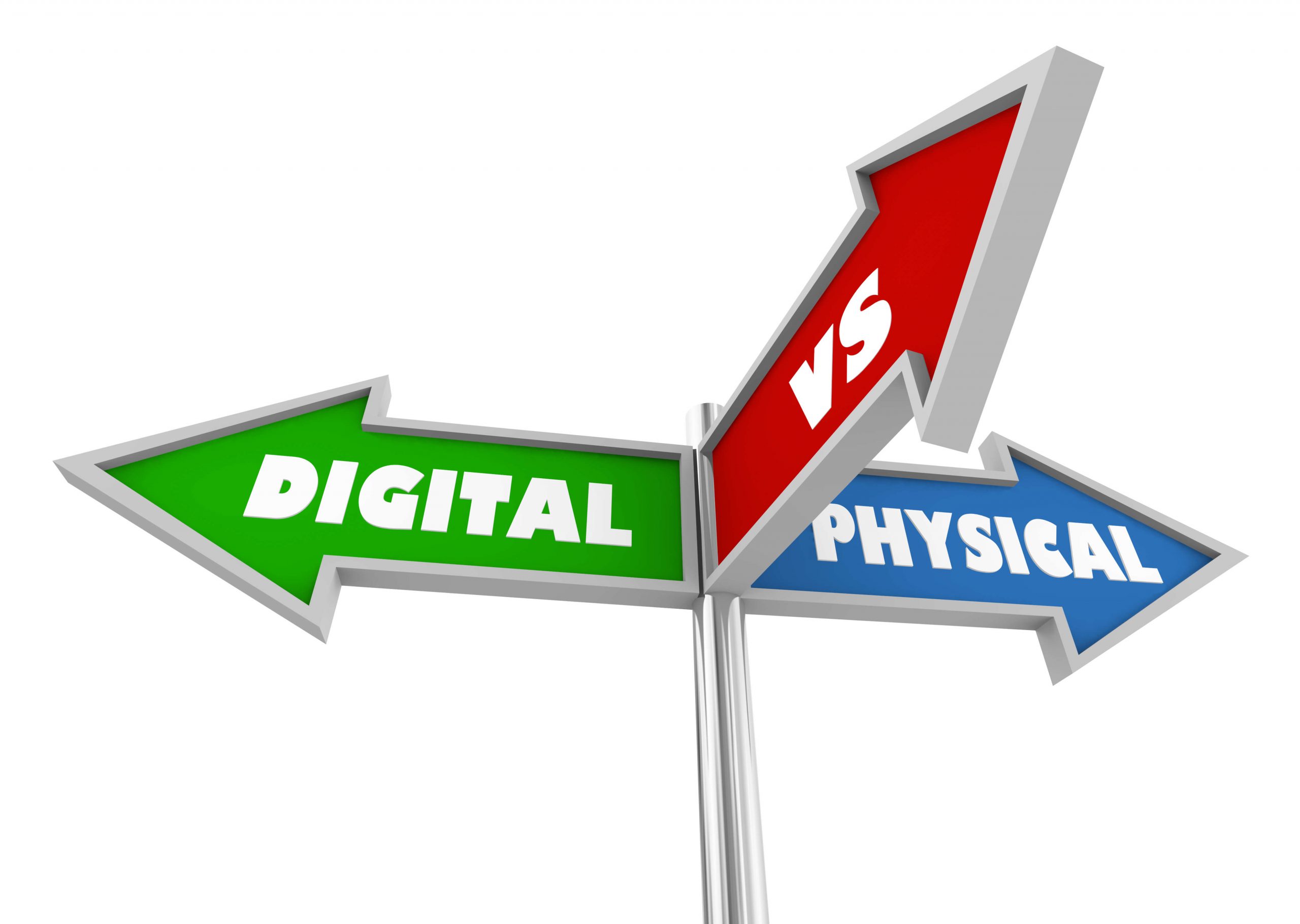
In this discussion of centralised versus decentralised, the delineation of physical versus digital assets becomes interesting. For example, is it better to have a Picasso painting on your wall at home or an NFT (non-fungible token) of a Picasso picture?
It’s an interesting discussion as, when you have the physical asset, you know that you have it. You can prove it. You can point to it and clearly have the provenance and ownership. If you have a digital asset, then it is more questionable. Do you clearly have ownership? Yes, I have the NFT! But, everyone else can share that asset with a copy and paste.
The big difference is that yes, of course, people can copy and paste a digital picture but they can also copy and paste a digital picture of your physical picture. Which is more valuable?
This becomes more esoteric and surreal but the bottom-line for some would be that, if I can hold it, then I own it. If I have a physical asset, surely it’s worth more than a digital asset?
Oh … maybe not. What if I owned the first ever digital artwork or the first ever tweet or the first ever digital entry on facebook?
The trouble with this, and it could be a generational thing, is that if I sold the Picasso painting or similar, there is a physical transaction of goods. You can hold it in your hands and see it and know that it is yours. If there is a digital transaction then you can put it on your drive or cloud, and hope you remember how to find it again.
This is a big thing for some. You can acquire digital goods, but can you remember where you put them? Then, even if you can remember where you put them, can you remember how to access them and release them?
This is the big issue with decentralised finance, and a particular case is regularly cited in this space of the guy who bought bitcoin and lost the drive. A good example is James Howells, who threw away an old laptop in 2013 during an office clear out and then realised that the laptop had a wallet containing 8,000 bitcoins, now worth $200 million. He has campaigned for years to get the local government forces to allow him to find it, as he believes it is sitting in their rubbish dump but has, so far, been unsuccessful. There you go.
Digital assets are often stored and lost. Physical assets also, but they are easier to find because they exist in the real world.
It leads to that debate between digital versus real versus surreal. Does this exist? Is it reality? Is this the real life or is this just fantasy?
Personally, I struggle with things that I cannot see and touch. Sure, we can enjoy gaming and fantasy and then realise it is just fantasy. When you get shot in Halo, you are not shot. Your virtual character is. You do not die. It’s just your virtual you that dies. If you want to do this for real, go visit East Ukraine and die in the real world. I’m guessing most of you would say forget that.
This is the bottom-line: the real world versus fantasy; physical versus digital. Physical will typically win for things of value, such as your money and your life, but digital will win for things that help you live your life better and easier, such as managing your money and your life. There is the critical difference.
Chris M Skinner
Chris Skinner is best known as an independent commentator on the financial markets through his blog, TheFinanser.com, as author of the bestselling book Digital Bank, and Chair of the European networking forum the Financial Services Club. He has been voted one of the most influential people in banking by The Financial Brand (as well as one of the best blogs), a FinTech Titan (Next Bank), one of the Fintech Leaders you need to follow (City AM, Deluxe and Jax Finance), as well as one of the Top 40 most influential people in financial technology by the Wall Street Journal's Financial News. To learn more click here...

